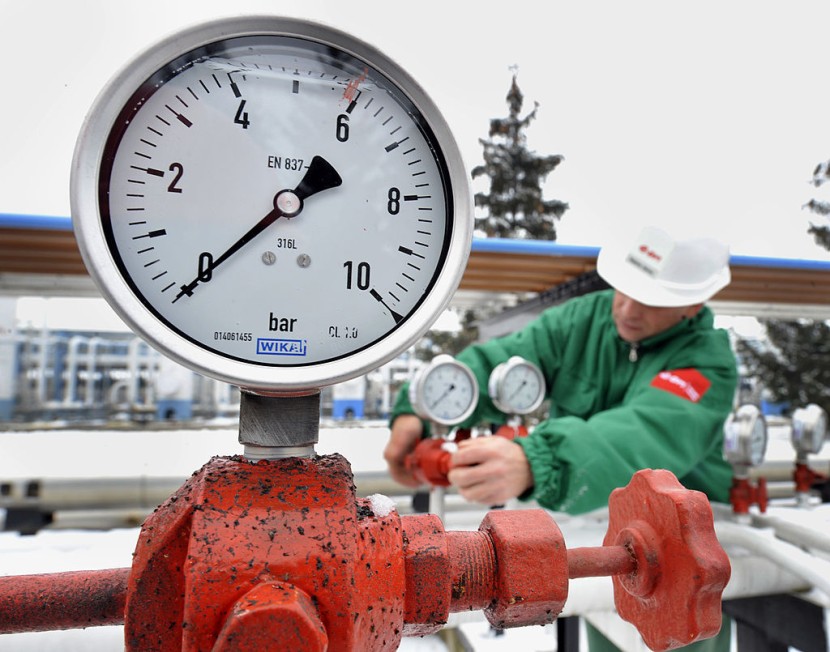
Many German industries, as a result of allowing the ban on Russian natural gas, will induce a crippling energy crunch which the trade union says will be disastrous for the state.
Germany is one of the EU countries with a robust economy, but the artificially induced energy crisis has hit it bad. Besides an energy shortage, more trouble comes with food insecurity as more woes.
Germany's Consequence With the Russian Energy Ban
Recently reports that Germans should not bathe too often, wear extra warm clothes, and use bikes as gas will be expensive soon; better to save fuel, Sputnik News reported.
According to Yasmin Fahimi, chair of the German Trade Union Confederation, the gas and inflation crises are impacting essential sectors of the German economy.
She made it clear the consequence were dire for the economy and livelihood of all Germans affected by these unfavorable events. Fahimi and Chancellor Olaf Scholz had a meeting last Monday, where they discussed the current crisis, per G7 Germany.
Bild reported a third relief package coming from the government for the jobless, pensioners, and students as well. The official proposed more energy subsidies for households for a specific number of kilowatt-hours to help them get through the crisis.
To avoid a repeat of the COVID crisis, in which German households suffered while the wealthy increased their holdings by nearly 100 billion euros.
Berlin has already implemented two social relief packages that lessen the crisis's burden, with cash payments to lower-income families and the unemployed.
Germany's economy needs 40% of gas and oil from Russia to function normally. Trying to punish Russia that provides energy is hurting the economy was unheeded.
All of the EU has been poorly affected and reeling from creating energy and food insecurity at the same time but still supporting the energy ban. Scholz resisted these actions and warned the other bloc members but still agreed with the US-endorsed actions.
Critical Gas Reserves May Not Hold
The German Federal Network Agency reported on Monday that if Russia's energy is cut off, the nation will have enough gas reserves for only one to two months.
Three levels were defined in the emergency gas plan to conserve gas use in a contingency. One is the warning, alert, and the dire emergency level should naturally gas supplies dip badly.
Hit hard are ordinary Germans struck down by the energy and inflation crisis as the EU restricted gas deliveries from Gazprom. The ill effects that Berlin warned Brussels if they continued energy bans are here now.
Brussel's explanation of why the crisis should happen is not good enough as the whole of Europe is affected just to seek freedom from Russian gas and oil.
German industries are bucking with the energy crunch as expected by the trade union warning of the failure of many sectors to cope without Russian gas.
© 2025 HNGN, All rights reserved. Do not reproduce without permission.








